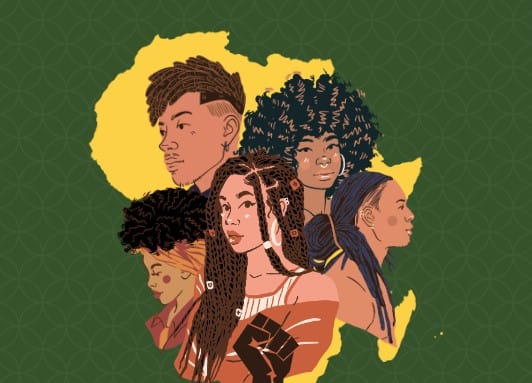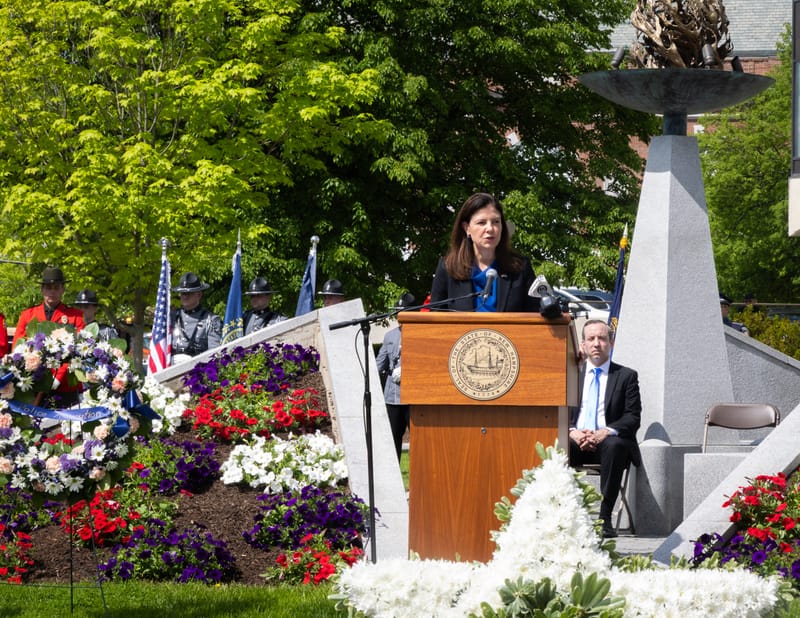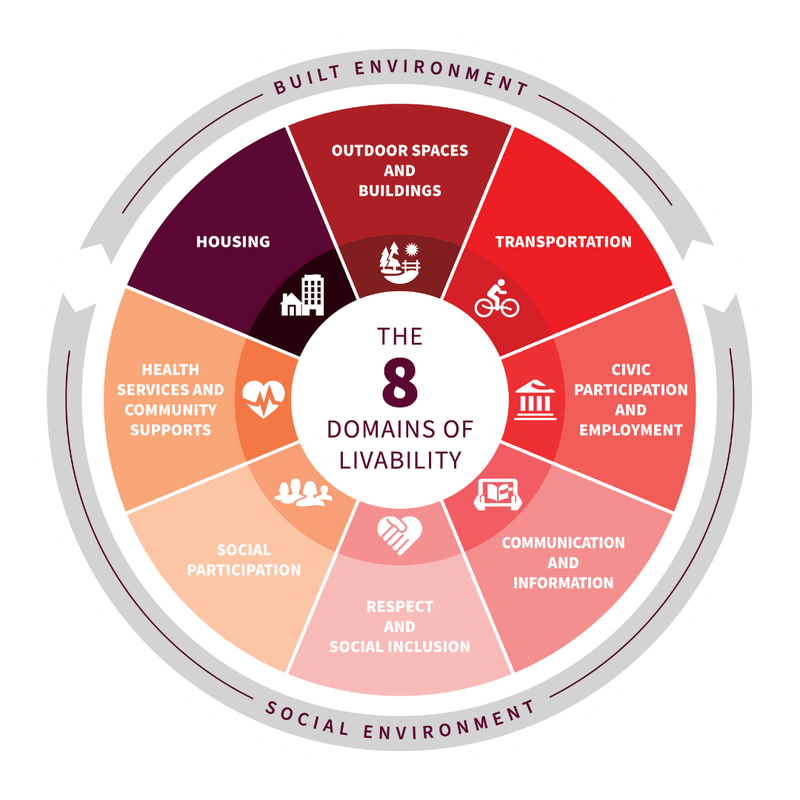What does it mean to identify as African or Black or African American in New Hampshire?
In 2020, New Hampshire’s Black population was recorded as roughly 21,000 people, according to census data; that’s about 2% of the total population of the state. If there are 21,000 Black people in the Granite State, one has to assume that there are 21,000 ways to be Black.

O P I N I O N
Black in NH
by Emerald Anderson-Ford


What does it mean to identify as African or Black or African American in New Hampshire? How does anyone attempt to define and understand the nuance of experience of such a large diaspora that make up such a small percentage of population in the Granite State? In 2020, New Hampshire’s Black population was recorded as roughly 21,000 people, according to census data; that’s about 2% of the total population of the state. If there are 21,000 Black people in the Granite State, one has to assume that there are 21,000 ways to be Black.
In our larger society, we see images of Blackness, of Black people, largely in densely populated urban centers; in cities. Cities offer a diversity of cuisine, art, experience, and culture that oftentimes reflect the needs and hopes of Black communities. It makes sense that people who hold racial and ethnic identities that have not, historically, held a majority would congregate in places where their identities are reflected and celebrated.
New Hampshire, by contrast, has a state population smaller than that of the city of Boston, 1.4 million and 4.9 million, respectively. The largest city in the state is Manchester, whose downtown and cultural offerings have grown tremendously over the last decade, but still can leave members of minority groups wanting for more. So what does that mean for the 21,000 Black people who call the Granite State home? Where are we finding places of congregation to explore and understand the unique needs of our community and to better parse out how to tackle the challenges that our individual identities face, as we look toward large-scale community advancement?
After the American Civil War, during Reconstruction, Black people migrated from the Southeastern United States into the Northeast, Midwest, and Western United States to escape the violence, disenfranchisement, and government-sanctioned oppression of the Jim Crow South. According to the United States National Archives, roughly 6 million Black people relocated and continued their family legacies and traditions outside of the American South.
Between 1910 – 1970, the Black population of NH increased from an estimated 201 to an estimated 2,700, as Black people made their way north, through Boston, and settled in the Granite State. Since then, we’ve seen an ever-growing population of those who identify as a part of the African diaspora. This population boom has been aided, largely, by the increase of immigrant, refugee, and asylum seekers from various African and Caribbean nations over the last 20 years. In a state the size of New Hampshire, with a small Black population that embodies diverse lineages and cultures, what does it mean to be Black in New Hampshire?
The influence of Black people in New Hampshire cannot be overstated, but is often overlooked. In political, educational, and social services policy and legislation is being created and passed that have large impacts on the Black community, and other communities of color, while not acknowledging the ways in which Black people have contributed to the evolution and economic growth of the Granite State. Our presence can feel invisible when looking at population and demographic stats, but the consequences and outcomes of much state, municipal, and district policy disproportionately negatively impact us.
This history, numbers, and acknowledgement of these points is important, because as we look to understand and explore Blackness in NH, we have to take care of the diversity in what Blackness is and how we experience it and societal pressures of it, differently. Oftentimes, Black people and Black culture is seen as a monolith. If one of us speaks, we must be speaking for ALL of us. In our society, each individual Black person represents the collective. But the history of migration, immigration, and movement of Black people tells us a different story. The story of Black migration is as rich in diversity as the diaspora itself and that story includes New Hampshire.
How are Black Granite Staters holding on to their identity and culture pieces; especially in a state that is less racially diverse than 95% of the country? How do traditions in food, dress, hair and skin care, resource sharing, and art survive and thrive here? The stories and experiences shared here will give insights to the multifaceted identities of Blackness in NH.

Emerald Anderson-Ford is a traveling philosopher, anti-racist strategist, and abolitionist. She resides in Manchester.





